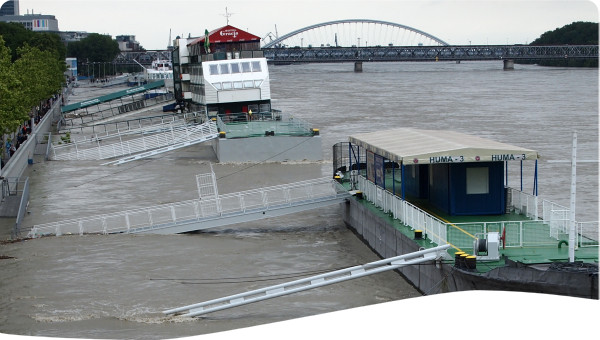To manage flood risk, floodplains are often designated for uses that support flood storage and ecosystem conservation. In such cases, direct human uses of flood-prone land are often restricted. Despite effectiveness at reducing flood risk, the exclusion of direct human uses from flood-prone lands is not always possible. Additionally, where livelihoods are tied to the use of flood-prone land, such strategies may eliminate floodplain-related benefits. To support implementation of Integrated Flood Management suited to such contexts, we propose a framework in which the livelihood benefits of direct floodplain use are distinguished from those supplied through ecosystem services. Decision-makers may apply this approach where flood risk, ecosystem, and livelihood objectives must be balanced. Because flood adaptation strategies may involve risk-benefit trade-offs, we propose the integrated assessment of flood risk and probabilistic benefits to inform decision-making. Through parallel analysis of probabilistic damages and benefits, a broad suite of management actions may be evaluated to minimize flood risk while maximizing river-derived benefits. Application of the proposed framework and risk-benefit analysis may highlight effective solutions that reflect the pressures and opportunities of developing countries. For instance, measures that reduce flood risk by targeting coping capacity and adaptation, as opposed to flood exposure, may be emphasized.
Description / Abstract
Publication year
Thematic Tagging
English

 Resource
Resource
